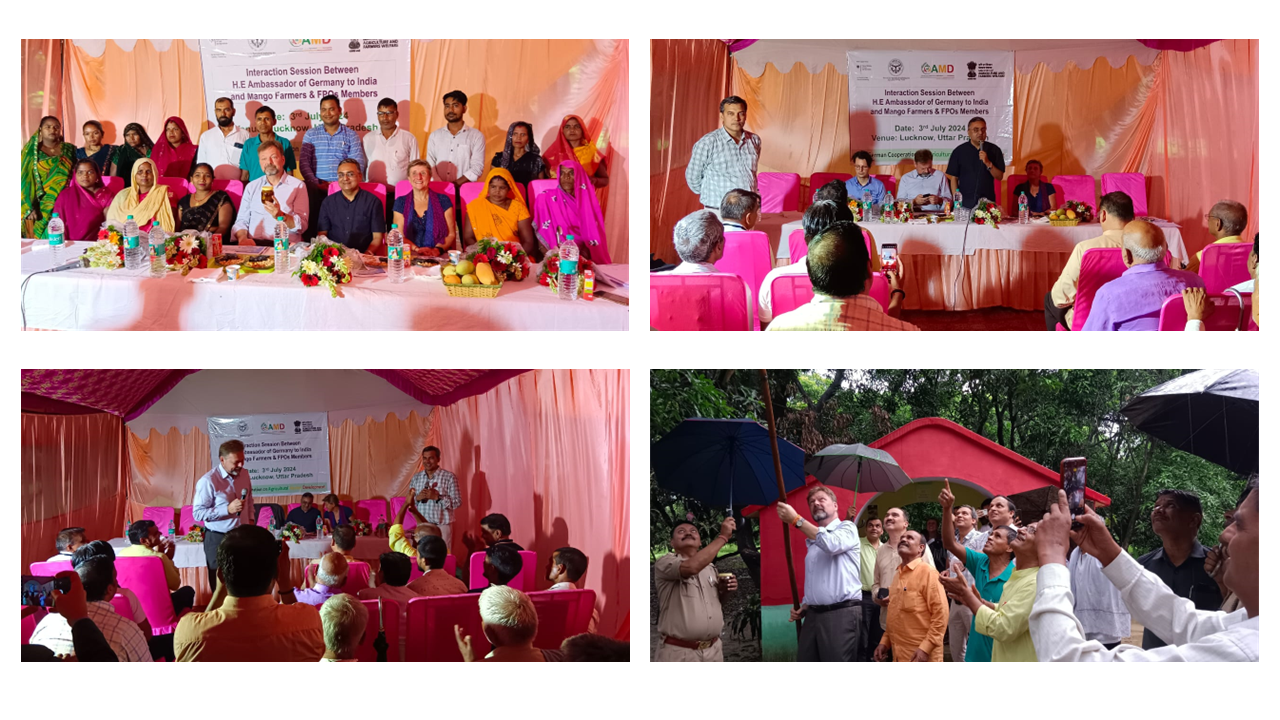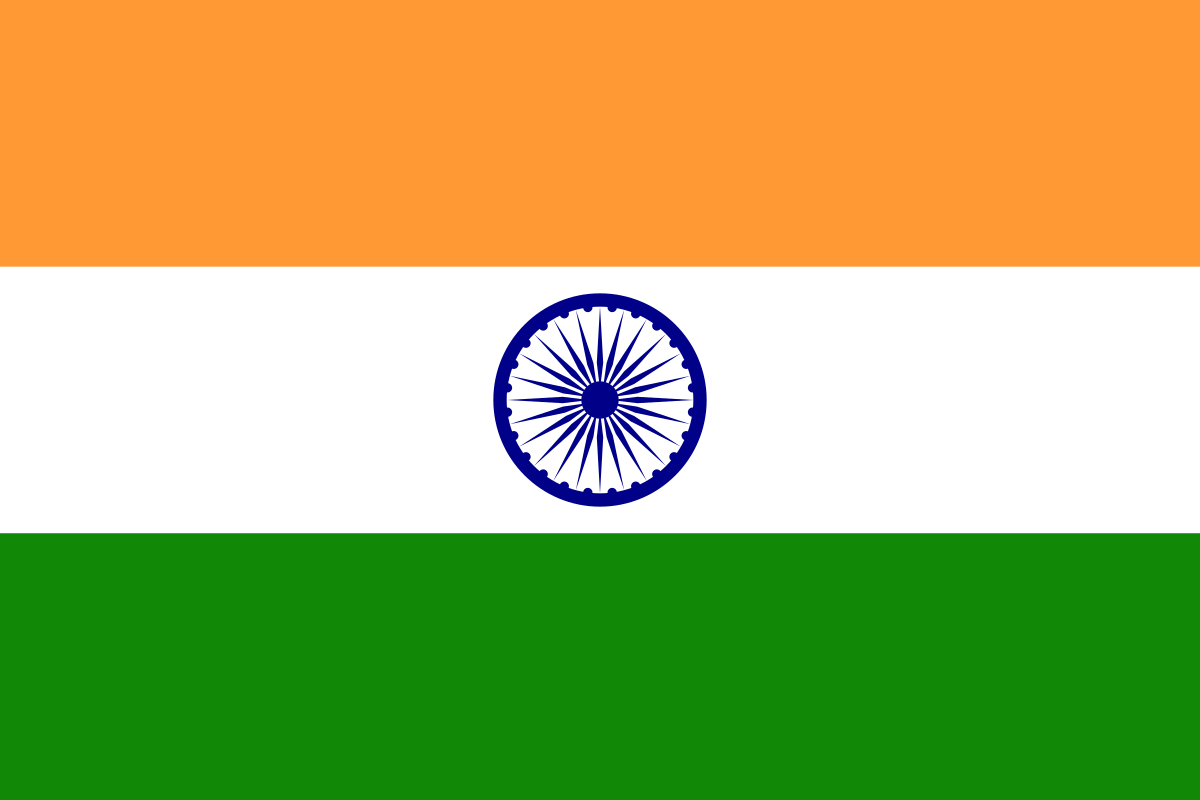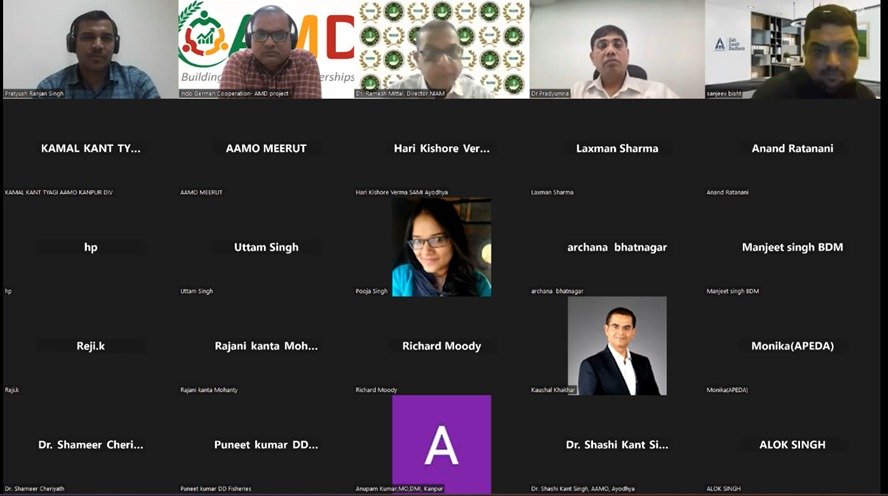




Indo-German Cooperation on Agricultural Market Development
c/o CCS National Institute of Agricultural Marketing (NIAM)
Bambala, Kota Road, Jaipur-302033 (Rajasthan)
Tel.: +91-(0)141-2770027
Please note:
Please note:
Please note:
Please note:
Please note:
Please note:
Please note:
The Module 2 “European Union Agri -Food Trade Policies and Import Regulations” consist of 4 sessions / lessons, which will take place during early to middle of November 2022.
Curriculum / Sessions:
2-1 Farm-to-Fork-Strategy – what does this mean for imports from India – Agri relations with India
2-2 EU regulations on the imports of food from third countries – Focus on Indian fruits, vegetables, and spices
2-3 Certification requirements for fruits, vegetables and spices – focus on GLOBALG.A.P.
2-4 Certification requirements for fruits, vegetables and spices – focus on IFS and BRC
Target Groups:
From each pilot states of the project (Rajasthan, Uttar Pradesh, and Odisha), participants will be nominated by the state government. Officials from Agriculture and Marketing division/APMCs, state representative from Directorate of Marketing and Inspection (DMI), leading Exporters/ Agri-startups/ FPO CEOs/ FPOs resource institutions will be the major targeted training participants. Additionally, participants will be invited from the commodity boards to participate in the training program.
The Module 1 “India’s Agri-Food Trade Policies and Export Incentives” consist of 4 sessions / lessons, which will take place during early to middle of November 2022.
Curriculum / Sessions:
1-1 Discuss Export Incentives, Duty Neutralization
1-2 Capacity Building Schemes
1-3 India Foreign Trade Policy
1-4 Availing Export Import Benefits/ Authorizations
Target Groups:
From each pilot states of the project (Rajasthan, Uttar Pradesh, and Odisha), participants will be nominated by the state government. Officials from Agriculture and Marketing division/APMCs, state representative from Directorate of Marketing and Inspection (DMI), leading Exporters/ Agri-startups/ FPO CEOs/ FPOs resource institutions will be the major targeted training participants. Additionally, participants will be invited from the commodity boards to participate in the training program.